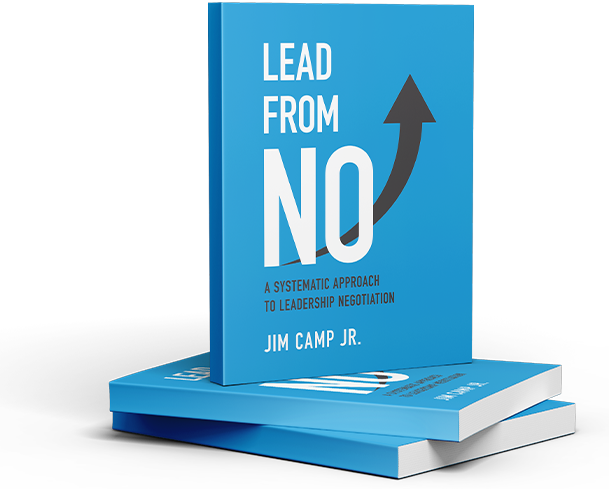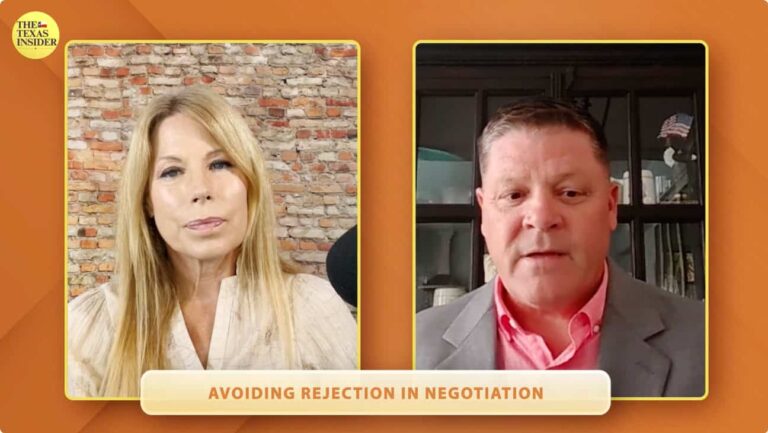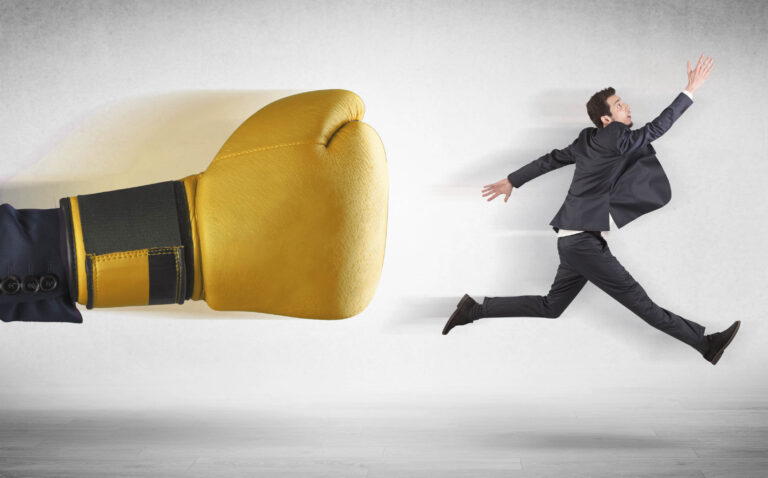Are you able to recognize and act fast on opportunities? Do you see the latent problems in seemingly attractive offers and stay away from hidden disasters?
For a professional negotiator, this is not a special talent, but a by-product of the work they do before they sit down at the negotiation table.
As a core feature of the Camp Negotiation System, this work is critical research, which is part of your Negotiation Checklist in the System. Here are some examples where research made a difference.
Research for Long-Term Decisions
Jayne was in the second round of interviews with a toy manufacturing company for a VP position. The company’s CEO told Jayne about the company’s safety record and said that the company had never had a lawsuit.
Jayne read about a lawsuit against this company while researching. Now, she had “baggage.” There was a discrepancy between what the CEO claimed and the published information about the company.
Jayne had to decide in a second. Should she bring up the lawsuit or forget that information? She swallowed hard and mentioned the lawsuit she had read about. The CEO, without emotion, shook it off and said that he had never heard of that. Jayne filled in a few details for him, but he calmly denied any knowledge and went on with the interview. Jayne decided not to press him further.
In the end, Jayne didn’t get the job but came in second. All in all, she was satisfied. Why? The CEO’s lack of knowledge of the lawsuit, or his refusal to discuss her findings influenced her opinion of the CEO and the company. She wasn’t sure that he was trustworthy, and subsequent interviews would have been a little messy. Without a doubt, she didn’t want to work for someone who either lies or doesn’t know what’s going on in the company.
Note: With the lawsuit baggage, Jayne had to elevate it to a problem and act, or forget it. With baggage, “wait and see” isn’t an option because your emotions will affect the negotiation.
Quick Decisions to Keep Cool
Casey’s 27-year-old refrigerator started to hum like a tired cicada, and they knew it was time for a new one. Since there was a serious appliance shortage in the US, Casey quickly researched four online stores and then telephoned local stores about two refrigerators that met their requirements. Both were out of stock, so Casey researched more and came up with eight other models that met their needs.
They went to the first store and none of the models were in stock. At the second store, Casey asked for Bob, whom she had spoken with on the phone. The salesperson said that Bob had the day off. Casey started a negotiation, “Bob had helped me on the phone yesterday for a long time, he did so much of the work for me.” The salesperson really listened to what Casey said and replied, “I’ll complete the order for Bob today and give him the sale.”
Casey read the list of eight model numbers to the salesperson, and the first seven were out of stock. Luckily, the last refrigerator on Casey’s list was in stock, and the store had 13 of them.
Casey said, “Give me a few minutes,” and quickly went through her research to double-check the features, size, and price. Five minutes later, Casey went back to the salesperson to purchase.
The salesperson started to process the order and said, “There is only one left, let’s try to grab it.” They held their breath as the salesperson punched away at the keyboard. Thirty seconds later, the salesperson said, “I got it.”
With a big sigh of relief, Casey said, “Great, here’s my credit card.”
That refrigerator wasn’t on the website for that store, but they had it in stock. It’s a good thing that Casey went shopping with a list of model numbers from the websites.
This is one case where the speed and accuracy of research mattered. If Casey didn’t organize her research before going to the store, they would have lost the opportunity to purchase a refrigerator that met their needs.
Note: By giving Bob credit for the sale without being asked, the salesperson showed no “neediness” and he was building rapport. This elevated his trust with Casey and will bring him more credibility and referrals in the future, while keeping peace with his colleague.
What Research Saves You
Research is one of the important behaviors in your negotiation toolbox. Before you even decide that you want to enter a negotiation, an investment in research can save you a tremendous amount of time, energy, money, and emotion.
Research helps you identify and prioritize the real problems that are between you, your adversary, and a successful agreement. Always focus your negotiation on the real problems. Then apply your and your adversary’s limited time, energy and attention on the issues and decisions that are critical to moving the negotiation forward.
Identification and prioritization of real problems reduce the likelihood of spending many days or weeks solving secondary problems, only to have a deal fall apart because the real problems were not addressed because:
- they were hidden by one party in the negotiation to deceive OR
- one or more parties feared that raising the real problem would lead to the negotiations breaking down.
To a professional negotiator, both these reasons are a waste of time, energy, money, and emotion, and are detriments to being effective and efficient.
When potential problems are identified in research prior to the negotiation, the professional negotiator has the time to develop ideas on how to address the problems from the point of view of their adversary.
Reduce the Fear
With this approach, the professional negotiator reduces the fear of bringing up a potentially contentious topic because they have a possible path forward. When combined with the concept that one cannot control results or what the other party will do, research gives us the best opportunity to move forward. Then, if we do not move forward, the worst thing that can happen is that we maintain the status quo of having no deal. Basically, in the worst case we stay where we were before the negotiation. We avoid entering into a bad deal because we think we have no alternatives or avoid settling for a poor alternative.
If you want to know why professional negotiators always seem to know what to do and say “in the moment”, a large part of this skill is connected to the research they did prior to the negotiation event.
Just like the professional athlete in a game or musician on the stage, your level of performance in your actual negotiation event is determined by the quality and quantity of preparation prior to the event.
Jayne’s research into her prospective employer identified an integrity problem with the CEO made her rethink her desire to join the company. Casey’s research about the type, quality, and price of a refrigerator prepared them to make a quick and thoughtful decision to purchase before the store’s inventory was depleted.
In every negotiation event, research is a part of the negotiation process and will help you make better decisions and better agreements.





